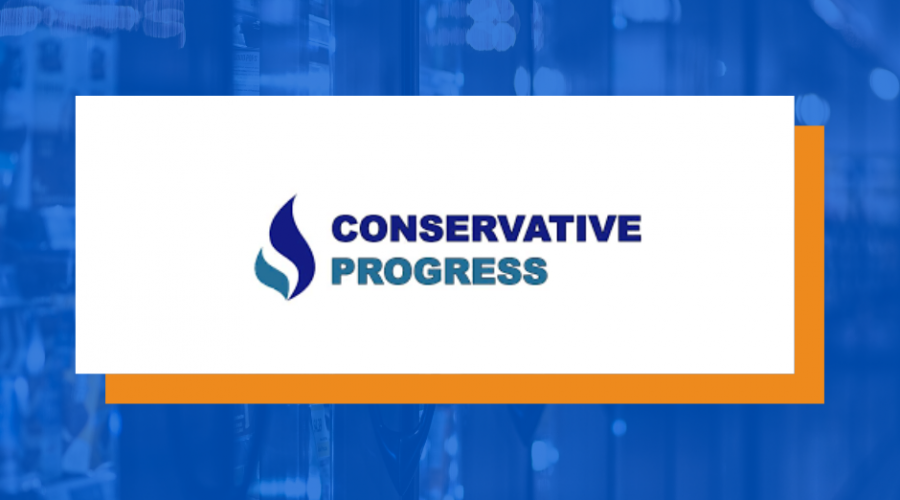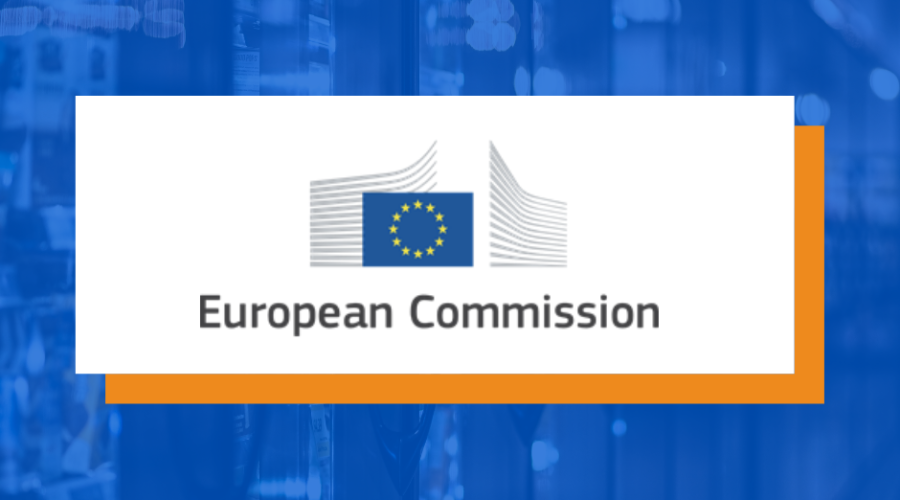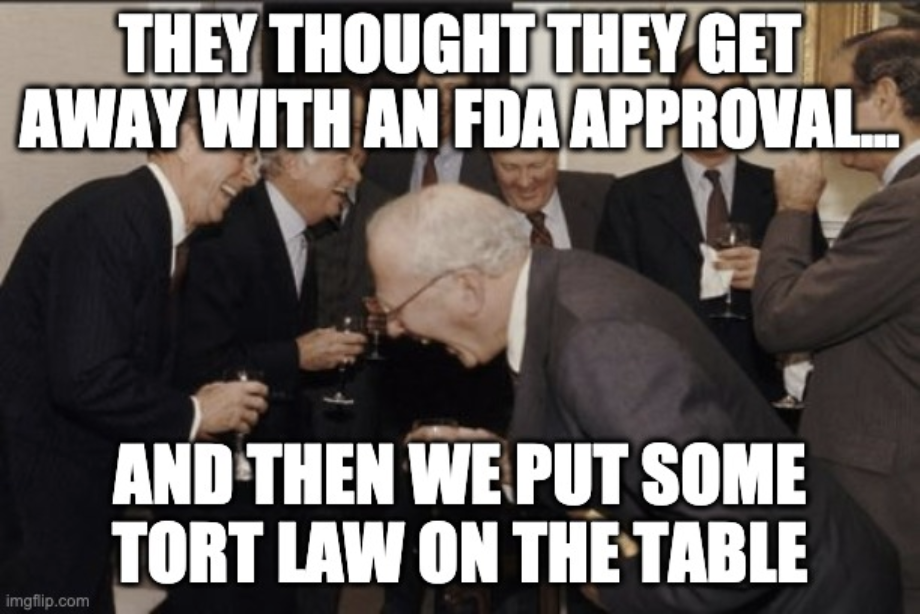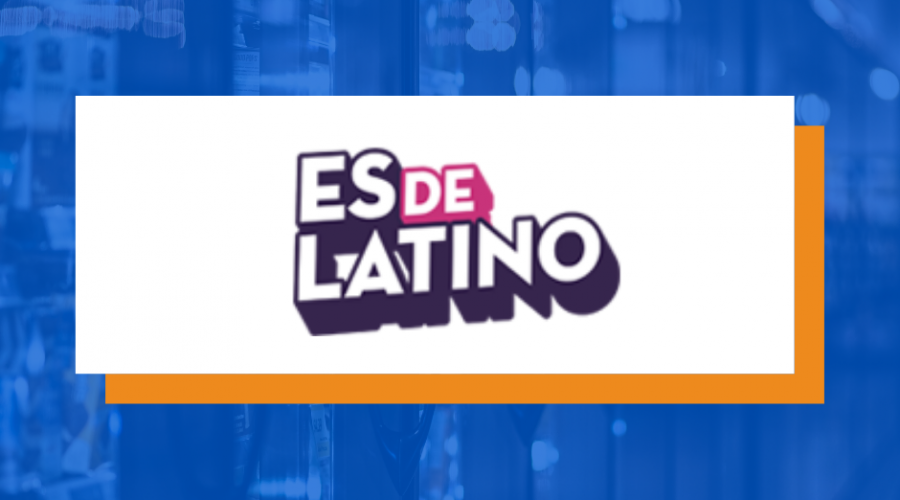[Marketing Medium] Consumers don’t want more expensive food
Brussels, BE – In a presentation to the Agriculture Committee of the European Parliament, Frans Timmermanns, Commissioner for the European Green Deal, explained that more sustainable food requires higher prices. “We’ve gotten used to everything being very, very cheap and I honestly believe that if there’s re-evaluation, and health gets a bigger priority, then the willingness to pay a little bit more for better foodstuffs might increase,” he said.
source http://meltwater.pressify.io/publication/5eb91c4a4959ae0004807269/5aa837df2542970e001981f6









